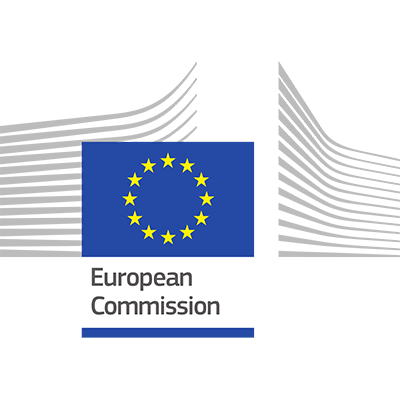Review of supporting studies for the PEF pilots
Part of the European Commission’s Environmental Footprinting initiative is testing its new rules with real products. PRé and Ecomatters reviewed 40 studies, uncovering useful information that will be used to refine the rules.
About
The European Commission’s Environmental Footprinting (EF) initiative is an ambitious project that PRé is actively involved with. The goals of the EF initiative are to standardize life cycle assessment (LCA) by developing product environmental footprint category rules (PEFCR) and organization environmental footprint sector rules (OEFSR.) These are aimed to make LCA more accessible and easier to do, so the quality and credibility of the results go up. Because of the standardized approach of the PEF and OEF methods, it would finally be possible to easily compare and benchmark your products to those of others.
PRé has been the Technical Helpdesk for the EF initiative for years and is involved in shadow PEFs and the creation of EF-compliant databases. Now the EF pilot phase is coming to an end, the methodology developed during this phase is being put to the test. PRé and fellow consultancy bureau Ecomatters were asked to review 40 studies.
Challenge
At the end of 2013, the European Commission started the Environmental Footprint pilot phase. The aim of the pilot phase was to test the development of product environmental footprint category rules and organization environmental footprint sector rules. A secondary goal was to explore solutions for practical challenges such as access to and quality of life cycle data, cost-effective verification methods, and communication.
27 pilot groups volunteered to develop specific PEFCRs/OEFSRs. Once the draft PEFCRs/OEFSRs were available, these needed to be tested with so-called supporting studies for at least three ‘real’ products or organizations. The supporting studies then needed to be reviewed, in a very short time. Because of the time pressure, the Commission contracted PRé and fellow sustainability consultancy Ecomatters to do the review of 40 supporting studies. The goal: to learn from the development of PEFCRs and OEFSRs and about horizontal issues (cross-cutting technical issues common to multiple pilot groups). These learnings would serve as input for the final guidance in the technical issue papers and for the further development of these and future PEFCRs and OEFSRs.
Solution
Task 1: Reviewing the supporting studies
We reviewed 40 supporting studies from 14 pilots, using a review template with 65 specific questions and 1 overall review statement. The specific questions in the review template addressed not only mandatory items from the supporting study template, but also supplementary analyses and specific horizontal issues. From these reviews, we derived conclusions and recommendations about the PEFCRs and horizontal issues.
Task 2: Deriving learnings about PEFCRs/OEFSRs
In a process-oriented approach, we focused on what needs to be improved to ensure compliance with the guidance documents. Companies doing the supporting studies did not only set out to follow the rules described in the reference documents, but also to apply alternative approaches they selected. Consequently, the supporting studies served as excellent input for refining the development of PEFCRs/OEFSRs, leading to a summary of key learnings about PEFCRs/OEFSRs and reporting.
Task 3: Deriving learnings about horizontal issues
The Commission also used the pilot phase to further elaborate on technical issues not sufficiently described in the PEF and OEF guide. Since the start of the pilot phase, many technical issue papers have been written about horizontal issues. The supporting studies were a great opportunity to test the application of these papers in practice. For that reason, the review of the supporting studies focused on deriving learnings from the following horizontal issues:
- Impact assessment methods
- End-of-life formulas
- Application of the hotspots issue paper
- Application of the paper on data quality requirements
- Benchmarking and classes of performance
- Application of the issue papers on biodiversity, use stage, biogenic carbon, and electricity modelling
- Level of granularity of the PEFCR
Benefits
Insights to improve the development of PEFCRs and OEFSRs
To meet the objective of comparability within a product group, the rules for developing PEFCRs and OEFSRs need to be improved on multiple aspects. The reviews of the supporting studies provided clear recommendations for that.
Alignment on horizontal issues
Generally, the reviews provided the Commission with a comprehensive view of what elements have been implemented in the right way and which have not, not properly or not fully. This insight helps to determine which elements need further instructions or simplification.
Clearer reporting requirements
A key outcome was that the reporting requirements could be made more explicit and operational. For instance, by using reporting tables and specific examples.
